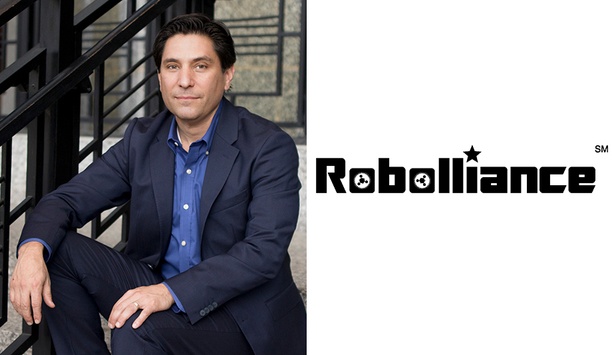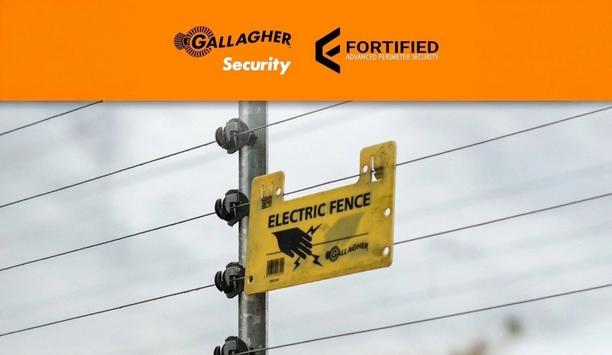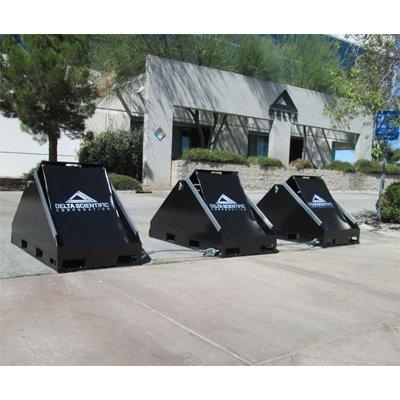 |
| The stigma of the cannabis industry still hangs in the balance |
That’s about to change as Wall Street and some big money funds have taken notice of the industry’s potential. For example, Tom Bollich, a co-founder of the social gaming company Zynga, became CEO of Surna, which develops climate cooling systems for sale to cannabis-growing facilities and greenhouses.
When Dan Williams, CEO of Canna Security America (CSA) was getting ready to launch an armed security guard company called The Cloverton Group, he sought money to complete Series A financing at Boston’s ArcView Investor Network.
“We’re seeing a lot more third party investor money coming in from accredited investors – millions of dollars,” says Williams. “People say that the cannabis industry is a very big industry and it is in terms of overall revenue and the amount of money coming into it. It’s not big in terms of how many people are involved. From that standpoint, it’s fairly small.”
Cannabis dispensaries and the entire industry is about to get some much needed infusions of venture capital. The result will likely be bigger, better financed chains of stores and growers and more money to pay for security services.
Industry experts also see changes coming as federal authorities pull back from their opposition to marijuana legalization and banks get used to both financing and providing ordinary business services to vendors.
Security providers that entered |
“Banks are scared of the law as it stands,” says attorney Robert McVay, a partner with the Canna Law Group. “They can bank the industry if they follow certain criteria. The department of treasury has an agency within it that governs anti-money laundering, and they put out some guidance for banks with marijuana customers.”
These complex regulations have largely discouraged banks from serving the industry. As they adapt to the regulatory structure and find ways of generating revenue from customers, they will likely be more willing to offer services.
That will also be good news for security companies. Putting dispensaries on a firmer financial footing means they will be better able to pay the bills.
Security providers that entered the test markets in states like Colorado and Washington have also developed a greater understanding of the particular needs of the industry. They also have mastered the sometimes complex regulations surrounding security created by states.
That experience gives companies a leg up on the growing market as well as companies that have hesitated to jump in, according to Ralston.
A number of security operators have opted out of doing business with dispensaries, even in states that permit medical or recreational use of the drug. Among them is the nation's largest, ADT Security. It announced last year that it won't "sell security services to businesses engaged in the marijuana industry” because it’s still illegal at the federal level.
“ADT is more concerned about their government contracts than picking up this business,” says Roger Ralston, chairman and CEO of DirectView. “Their pulling out creates an opportunity for us.”
Those opportunities are likely to grow along with the industry. As time passes and marijuana in all its forms starts to be viewed more like alcohol, and less an illegal drug, it will be harder for security companies to avoid. [After the recent election, recreational sale of marijuana will become legal in Alaska and Oregon in 2015, and in the District of Columbia (subject to Congressional review).]
See related articles:
Part 3: Cannabis and Security: Finding opportunities for dealers amid the growing market for legalised marijuana
Part 2: Cannabis and Security: Technology solutions provide protection for emerging legalised marijuana industry
Part 1: Cannabis and Security: The security challenges of legalised marijuana sales in the United States













































